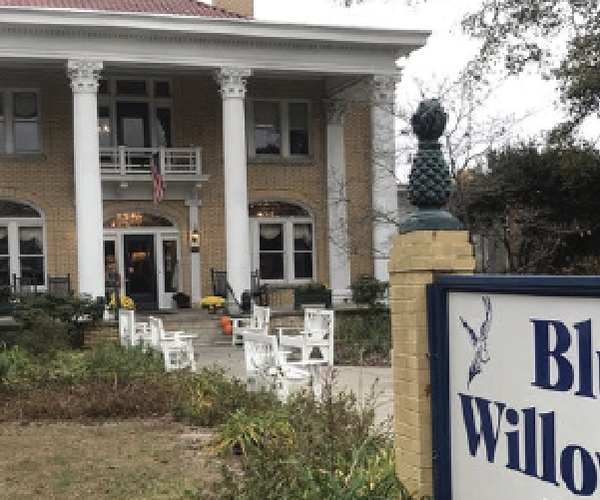ATLANTA — Attorneys for the state government and Joint Development Authority (JDA) joined with Rivian opponents’ attorneys to argue before the Georgia Court of Appeals Wednesday about a Morgan County judge’s September denial of a financing method for the electric vehicle maker’s planned factory near Social Circle.
The financing plan is a major part of state and local incentives totaling $1.5 billion offered to Rivian to build a factory that would employ up to 7,000 on a site that straddles the line between southeast Walton and northwest Morgan counties.
If denied, it could lead to state residents being able to challenge incentives that the state and local governments in Georgia have used to recruit employers for years.
The three-judge Appeals Court panel Wednesday, Feb. 15, heard arguments from both sides on Morgan County Superior Court Judge Brenda Trammell’s September 2022 ruling that the JDA did not “establish” that bonds key to the Rivian electric vehicle factory project “are sound, feasible and reasonable” because of the company’s financial losses in recent years.
The JDA of Jasper, Morgan, Newton and Walton Counties was asking Trammell for approval to issue bonds totaling up to $15 billion — the possible future value of the project — in a bond for title deal.
The JDA bought Stanton Springs North in 2021 and completed purchase of the remainder of the site in August — making the land exempt from property taxes because it is owned by a governmental entity. After the state announced Rivian had selected the Stanton Springs North site, the JDA approved a long-term lease of the property and a payment in lieu of taxes (PILOT) agreement with the company.
The PILOT allows the company to pay about $300 million over 25 years to Newton and three other counties and their school systems over 25 years — given as an incentive to locate in Georgia because it was less than what the company would normally pay in property taxes.
JDA officials contend the Rivian lease is a usufruct — a legal term for leased property over which the tenant has little control and is not subject to property taxes. The Morgan County Board of Tax Assessors agreed with that in mid-2022. Opponents said the lease deal should be legally classified as an “estate” in which the tenant has more control of the property and is subject to taxes. Bond for title and usufructs give local and state governments legal ways to avoid the state constitution’s prohibition on gratuities that bars a government from giving something to a company without receiving something of equal value.
In her ruling, Trammell agreed the site was subject to taxation and said the JDA had not properly vetted the company’s financial situation in recent years before saying the bonds were “sound.” The company has lost billions in recent years as it ramps up production to compete with Tesla and major automakers.The Authority paid Plateau Excavation $48 million to grade the land in late 2022 for Rivian’s production facility.
On Wednesday, attorneys for the JDA and state government cited a 1985 case and argued that economic viability of a project is not within the scope of the court. It cannot “second-guess” policy decisions of public entities that found a public interest would be served, they argued.
Atlanta attorney John Christy, who represents a group opposing the Rivian project, said an agency determining a project is feasible and a judge approving it is not the correct standard to follow.
He said a court’s job in validating bonds is determining a project’s feasibility and reasonableness based on the evidence presented. Christy added that a case cited by state and JDA attorneys to support their argument does not prevent a court from evaluating a project.
The bond validation case was the latest legal impediment opponents had been able to place before the Rivian project. Some Morgan County residents and property owners filed lawsuits in late January seeking to require developers to be subject to local zoning codes and land disturbance permits. They had filed the same lawsuits in 2022 but withdrew them following a judge’s refusal to issue a stop-work order against the grading work on the site.





